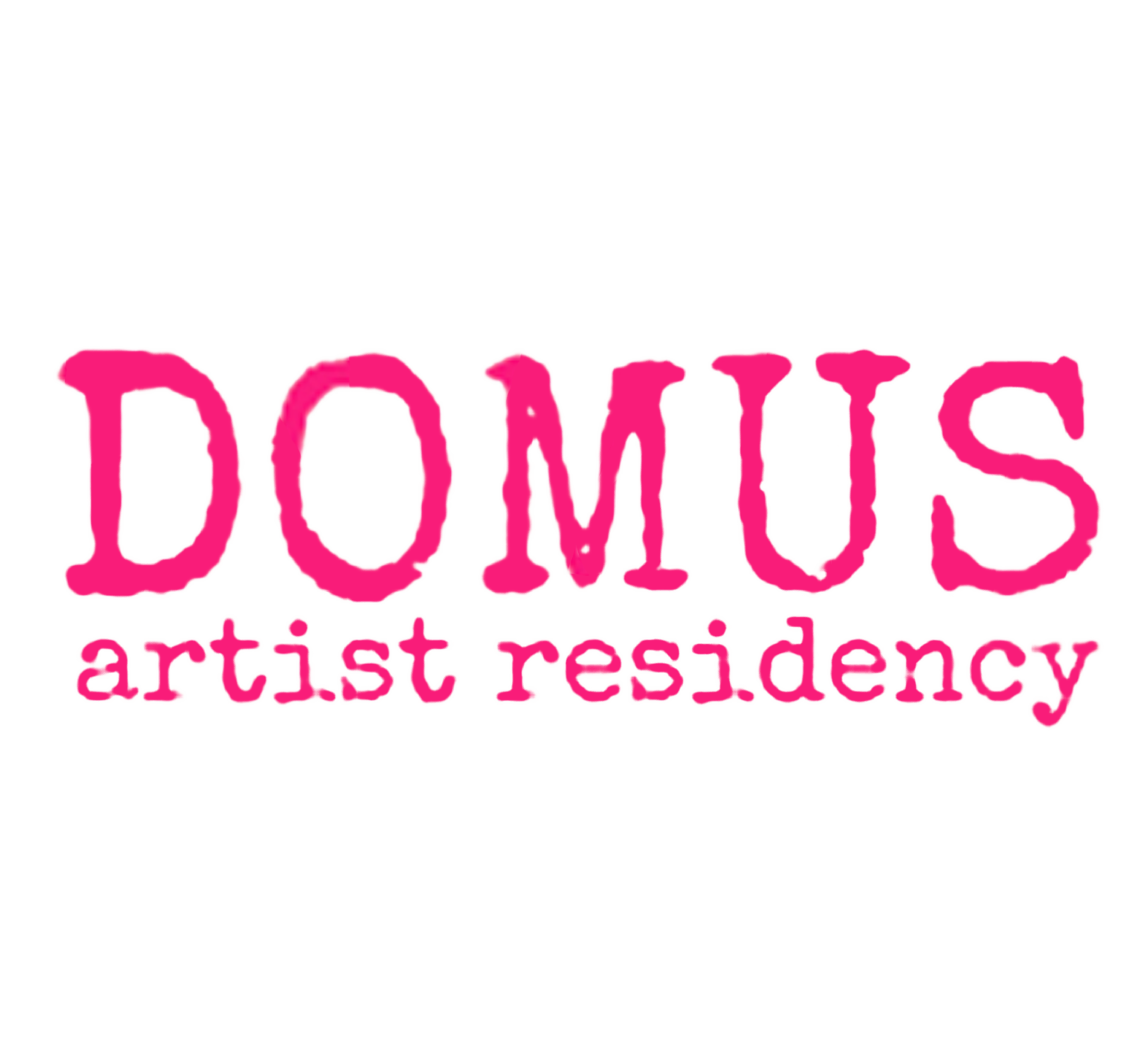Following the previous edition TAKE CARE focused on the concept of care through the transformation of Saint Paul the Healer into a pop icon, Domus Artist Residency, returns with its summer program and dedicates its sixth edition to the theme of the tomato, its production, and the dynamics surrounding this important food. Inviting guests from Italy, France, and the Mediterranean basin from the worlds of museum institutions, art, activism, and academia.
Pappa is the Italian word for baby food. Pappa col pomodoro is a tomato and bread soup. In 1965, Italian director and actress Lina Wertmüller, along with composer Nino Rota, created the song "Viva la pappa col pomodoro" performed by singer Rita Pavone, to accompany a TV show inspired by "Il giornalino di Gian Burrasca" by Florentine writer Vamba. The song, with its wild rhythm and hilarious melody, tells of a people hungry and thirsty for revolution. It also refers to a peasant dish made with tomatoes, oil, and basil. But where do the ingredients for this simple and popular recipe come from? How and by whom are tomatoes grown, harvested, sold, and eaten? In a world increasingly sensitive to ecological emergencies, is eating vegetables really a more sustainable way of eating?
These reflections will be discussed by our guests around through public tables from July 18 to 20, in institutional and non-institutional places central to the cultural debate in Salento: the Polo Biblio Museale di Lecce, the Municipal Library of Galatina, and the Domus headquarters in the historic center of Galatina. Through this program of meetings and public tables, starting from Thursday, July 18 in the morning, at Domus in Via Arco Cadura 15, and in the following days both in Lecce and the historic center of Galatina, various cross-disciplinary reflections will be addressed, touching on contemporary art, the relationship between "food" and art, and the working conditions of laborers, often migrants paid around 1-3 euros per hour, with the ultimate goal of analysing the tension between ecological challenges and the impact of globalised capitalism on food and the agri-food industry. Where do artists stand? What proposals are advanced by research in the humanities and social sciences, and what from the world of art? The three days of informal and interdisciplinary dialogue in Galatina and Lecce will culminate in an evening on Saturday, July 20, with video projections of international artists' works selected by our program guests.







